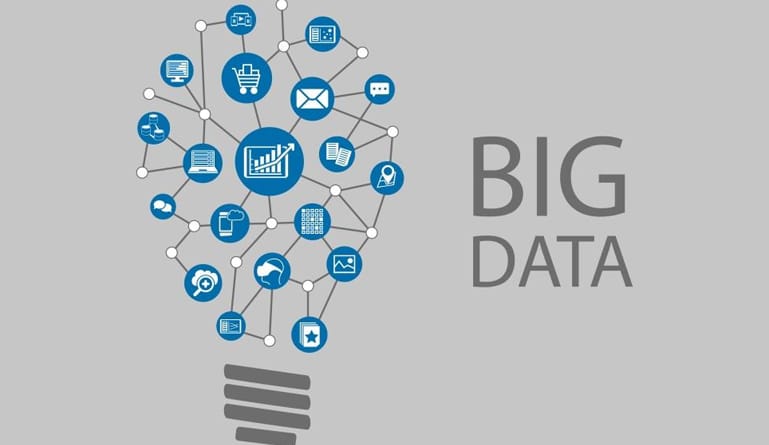Big data is part of advancements everywhere and across all industries. Defined as a “large volume of data, structured or unstructured, that can help businesses make strategic decisions based on analysis”, big data, and the ability to understand it through reporting, has helped to move businesses forward and create smarter, more successful decision making from issues ranging to finance to human resources to customer relations and more.
The importance of big data for businesses and decision-makers has more to do with the quality of data and the analysis of that data rather than the raw amount. Good data can be used to help businesses troubleshoot failures or issues, predict future system problems, generate information on customers at the point of sale to help elevate their experience, and help businesses create strategies for time and cost reduction efforts. All of this is based on the ability to sort data and look for patterns and other insights.
The role of big data in the banking sector has a lot to do with just that – the ability to make meaning from huge amounts of data. Big data in the banking and financial services industries have been responsible for helping to create better customer experiences and also help protect businesses. Here are some examples of big data uses in banking:
Fraud Detection
Attempted fraud is common in highly regulated areas like banking and finance. One of the ways that the financial sector can benefit from big data is through better analysis of data sets that can lead to enhanced fraud detection and prevention. Advancement in analytics and machine learning mean that fraud detection teams can find out about fraud risks faster and more accurately.
Risk Analysis
Another common problem in the financial sector is an appropriate understanding of risk. Many financial organizations make it their whole job to understand risk – insurance agencies need to know how much risk they’re taking on when insuring a customer, while investment firms need to understand the risks of the market and how much risk their customers are comfortable with. Big data analysis allows for this process to be faster and more accurate for a better customer experience, as well as a less adverse experience for the banks.
Personalized Products
Big data offers companies a wealth of information. The financial sector and banking institutions can benefit from big data by using that information to customize audience sets by demographic, behavior, etc. and offer them personalized products. Not every product – mortgage, savings account, IRA, stocks and bonds, investments or loans – will be a good fit for every customer though. Big data means banks and financial institutions can be more specific about product offerings, likely increasing the chance that the right product will be offered to the right person.
Big data in the financial sector offers many benefits. From better security to better risk management to better customer experiences that can ultimately lead to profitable transactions for the organization, big data is an essential element that can help move banking and financial organizations into more secure and successful positions.




